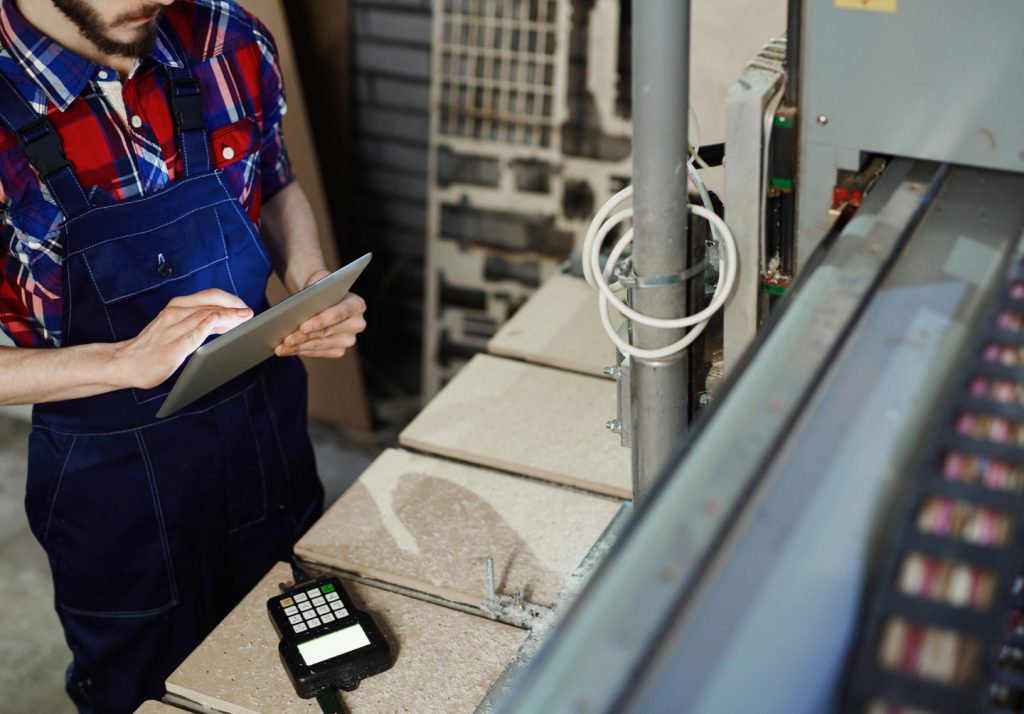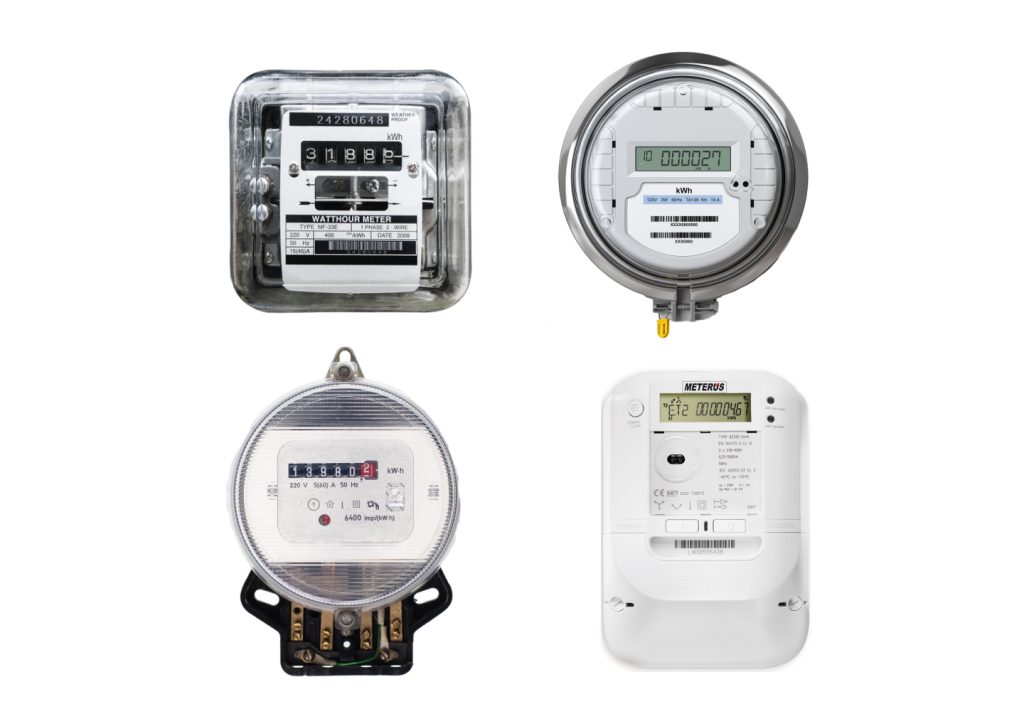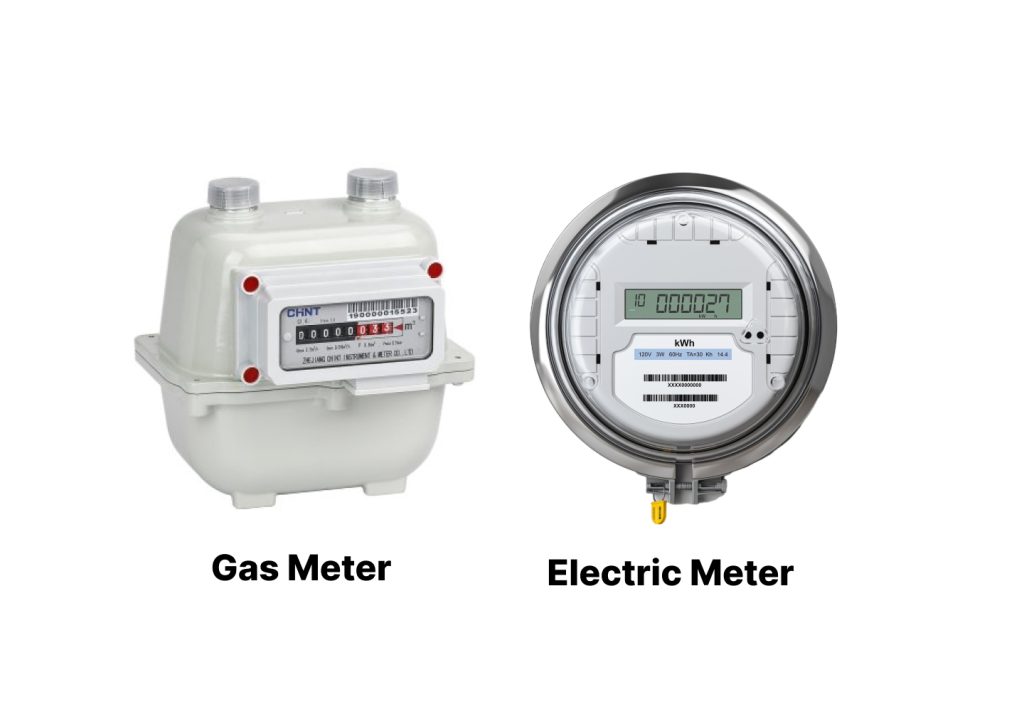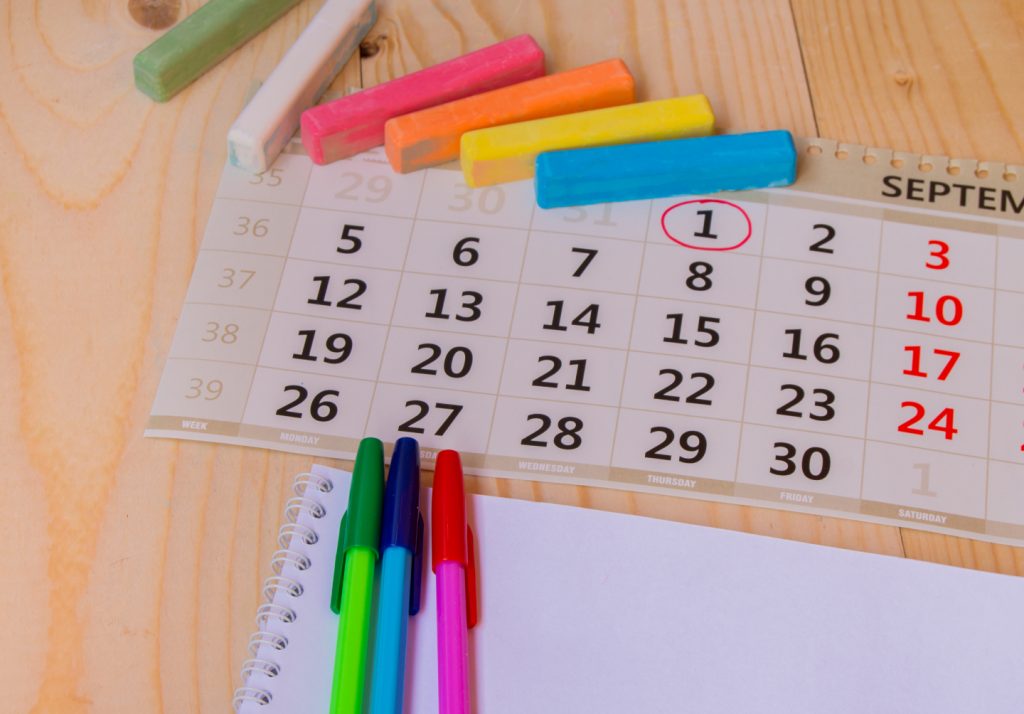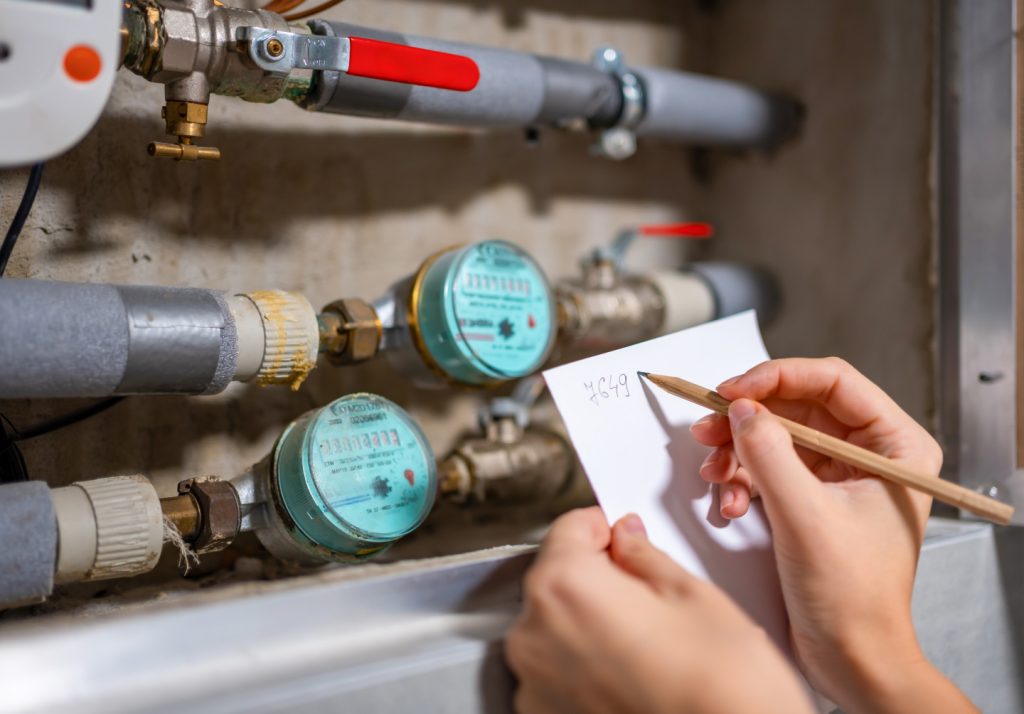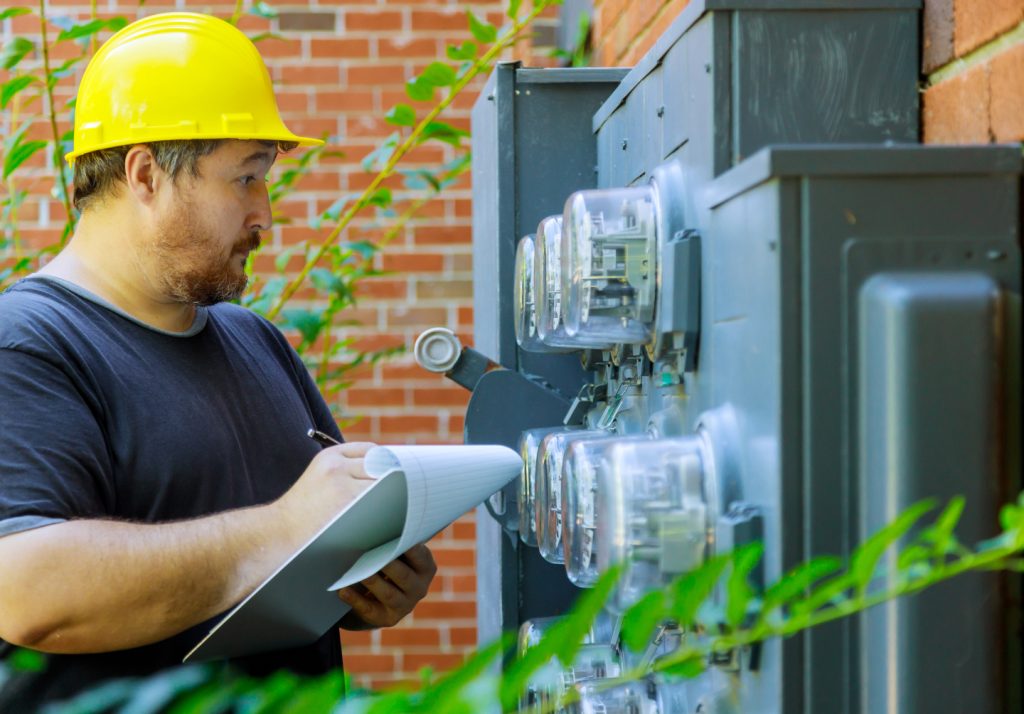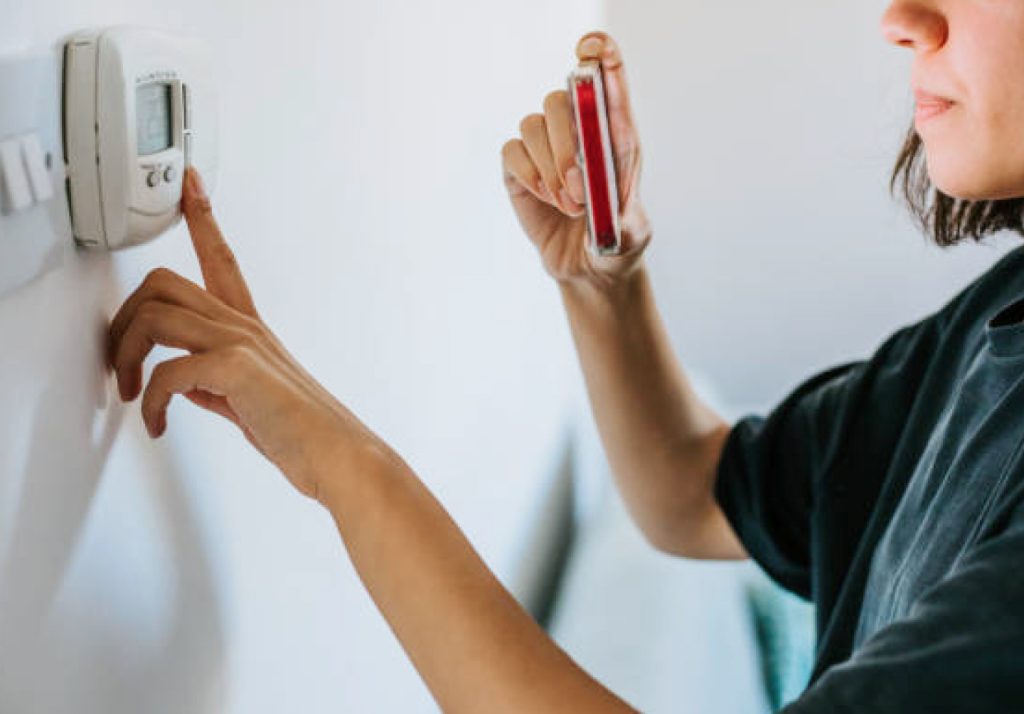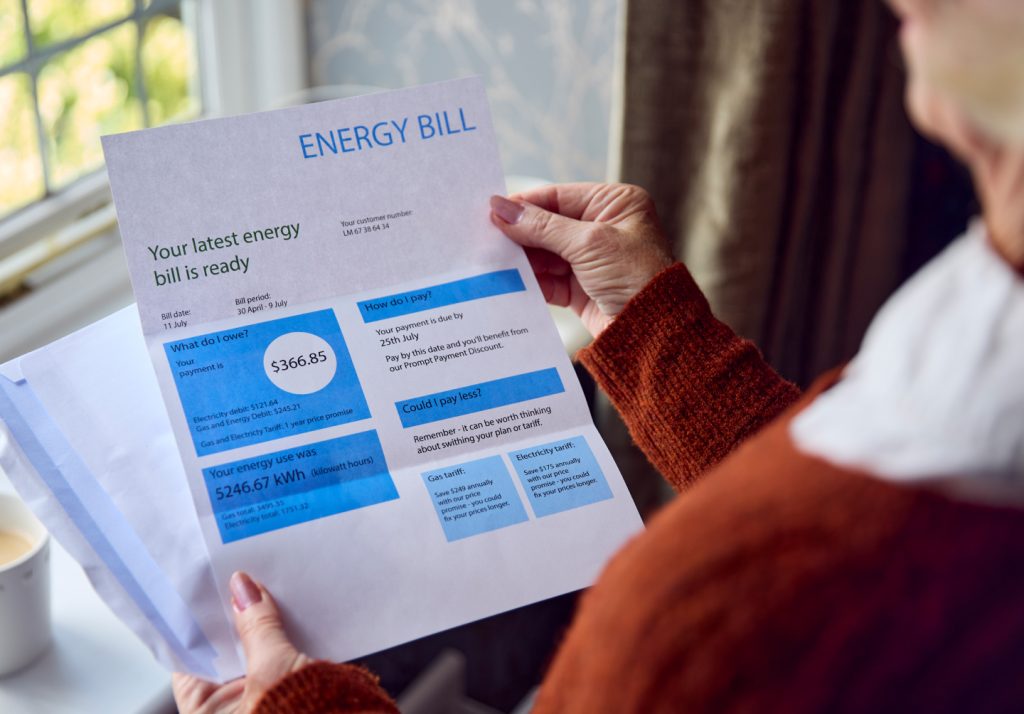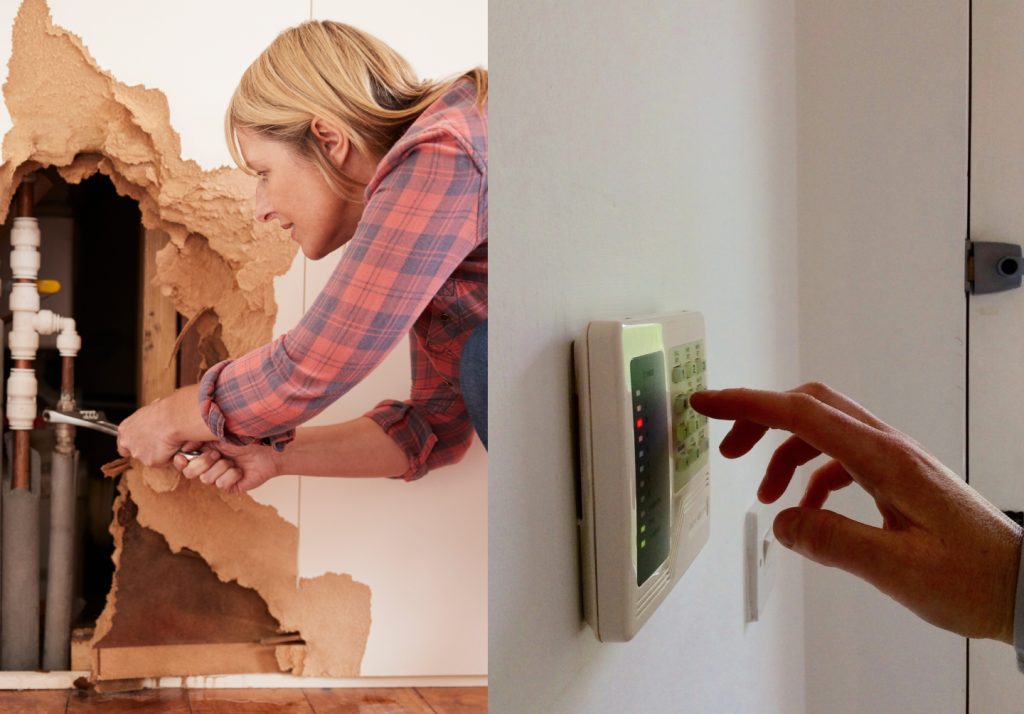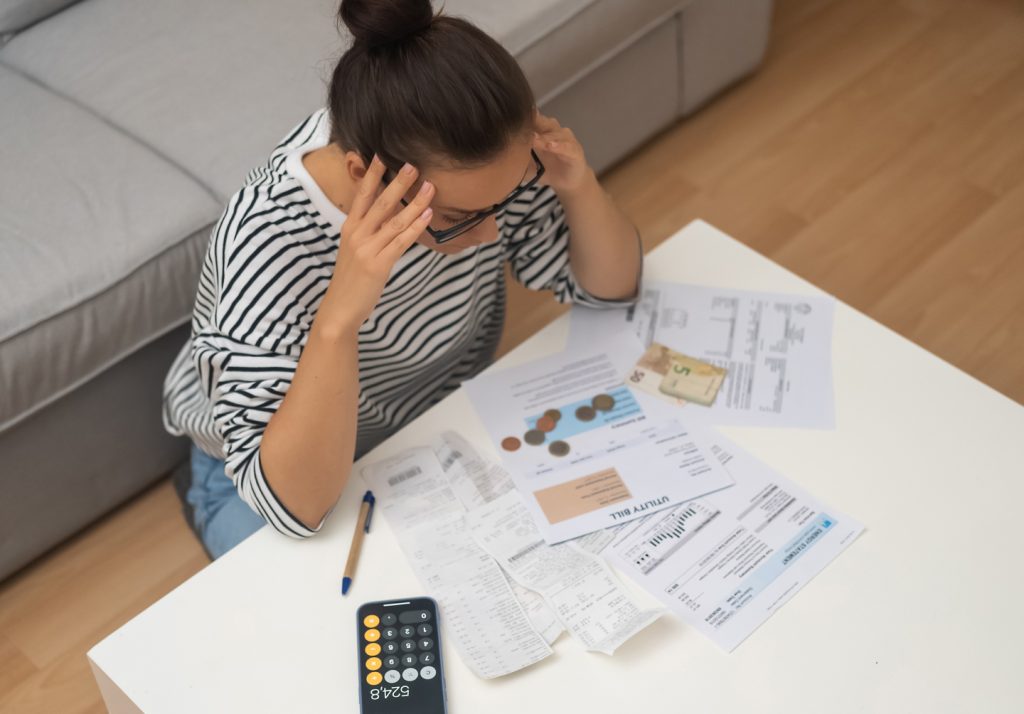
Why are meter readings important?
Have you ever opened an energy bill and wondered how the numbers added up? It can be quite puzzling to see a figure that doesn’t seem to match your actual usage, leaving you feeling like you’re paying too much or in some rare cases, too little. This is where meter readings come into play. Meter readings are crucial because they provide the most accurate reflection of your energy consumption. Imagine trying to budget your monthly expenses without knowing how much you’ve spent; it would be nearly impossible. In the same way, accurate meter readings allow your energy provider to calculate your bill based on what you’ve used rather than an estimate.
But there’s more to it than just accuracy. Providing regular meter readings ensures you’re not overpaying or underpaying, which could lead to large adjustments later on. It’s like when you get a surprise bill for something you thought was already paid. Stressful, right? Regular meter readings help you avoid that stress.
Have you ever heard the phrase, “What gets measured, gets managed”? It’s true in life and especially true when it comes to managing your energy usage. Regular meter readings help you keep a closer eye on your energy consumption, allowing you to adjust your habits and potentially save money. You can see when your usage spikes—maybe during the colder months when the heating is on more often, or perhaps during a heatwave when the air conditioning is on full blast. Knowing this can help you make informed decisions, like adjusting your thermostat or investing in more energy-efficient appliances.
Who is responsible for reading my meters?
You might be wondering, “Do I have to read my meter, or is someone supposed to do it for me?” It’s a common question, and the answer can vary depending on where you live and who your energy provider is. Typically, the responsibility of reading your meter falls on you, the homeowner or tenant. However, some energy providers offer services where a technician will visit your home to take a reading. These visits are often scheduled periodically, such as once every six months or annually.
But relying solely on these visits isn’t ideal. These readings are infrequent, and during the months in between, your energy usage is often estimated. This can lead to inaccuracies, resulting in overpayments or underpayments. Imagine getting a huge bill at the end of the year because the estimates were way off—that’s not a surprise anyone wants.
If you’re unable to read your meter, perhaps due to physical limitations or because your meter is in a difficult-to-reach place, some energy providers offer alternative options. You can request a visit from a meter reader, or in some cases, ask a neighbor or friend for help. Additionally, many providers are increasingly offering smart meters that automatically send readings to your energy company, taking the hassle out of the process entirely.
What type of meters do I have?
The type of meter you have can significantly impact how you read and understand your energy usage. It’s like trying to figure out how much gas is in your car without knowing whether you’re looking at a digital or analog gauge. So, let’s explore the different types of meters you might encounter.
1. Standard meters (analog meters): These are the traditional meters with a series of dials or a mechanical counter. They require you to physically look at the numbers or dials and record them. It can feel a bit old-fashioned, but these meters have been reliable for decades.
2. Digital meters: As the name suggests, digital meters display your energy usage in numbers on a screen. They are generally easier to read than analog meters, but you still need to manually check and submit the reading.
3. Prepayment meters: These meters require you to pay for your energy in advance. It’s almost like a pay-as-you-go phone. You load credit onto the meter, and your usage is deducted from that balance. The display will show how much credit you have left, which can help you stay on top of your energy spending.
4. Smart meters: The new kid on the block, smart meters, automatically send your energy usage to your provider. This means no more manual readings or estimated bills. Smart meters also give you real-time information on your energy usage, helping you manage your consumption more effectively.
Which meter is gas and which is electric?
It’s easy to get confused, especially if you’re new to monitoring your energy usage. The simplest way to distinguish between your gas and electricity meters is by location and labeling.
Gas meter: Gas meters are often located outside your home in a meter box or sometimes inside, in places like basements, utility rooms, or even under the stairs. They might have a label or marking that indicates they are for gas.
Electricity meter: Electricity meters are usually found inside the home, often near the fuse box or consumer unit. Like gas meters, they may also have a label, and they often have a digital display showing kilowatt-hours (kWh) used.
To make it even clearer, some meters have a sticker or an engraving indicating whether they are for gas or electricity. If all else fails, you can check your energy bills—these usually list the meter numbers along with the type of energy they measure.
How often should I take meter readings?
How often you should submit a meter reading depends on your energy provider, but a good rule of thumb is once a month. Regular readings help ensure your bills are accurate and reflect your actual usage rather than an estimate. Some providers might only require readings every few months, but giving them more frequently can help you avoid any surprises.
Consider setting a reminder on your phone or calendar. It’s like paying your rent or mortgage—something you just do every month. Plus, submitting regular readings can help you spot any unusual spikes in usage early, allowing you to investigate before it leads to a hefty bill.
For those using prepayment or smart meters, this step is usually automated, but it’s still a good idea to keep an eye on your usage. Even though smart meters send readings automatically, you can log into your account to view your consumption and ensure everything is ticking along as expected.
How to read a gas meter
Reading a gas meter might seem a bit intimidating at first, especially if you’re faced with a series of dials or a string of numbers. But don’t worry—once you know what to look for, it’s pretty straightforward.
If you have a dial meter: Start with the leftmost dial and move to the right. Ignore any red dials. Record the number that each dial points to. If the dial is between two numbers, record the lower number. If it’s between 9 and 0, record 9. Repeat this process for all dials. Once you’ve recorded all the numbers, you’ve got your reading.
If you have a digital meter: Simply read the numbers on the display from left to right. Ignore any numbers after the decimal point, if there is one.
How to read an electricity meter
Electricity meters come in various forms, but the process is generally similar across the board.
For dial meters: Like the gas meter, start with the leftmost dial and move to the right. Record the numbers. If a dial is between two numbers, take the lower one.
For digital meters: Read the numbers from left to right. Ignore any digits in red or after a decimal point.
For smart meters: If you have a smart meter with a digital display, press the button on the meter to wake it up. The screen will cycle through different readings. Look for the one labeled “Total” or “KWH” for your electricity usage.
How to read a prepayment meter
Prepayment meters are designed to show you how much credit you have left, but they also allow you to check your energy usage.
Press the display button on the meter.
Cycle through the screens until you find the one showing your current meter reading. This might be labeled as “KWH” for electricity or “M3” for gas.
Record the number displayed.
Prepayment meters are handy because they give you real-time feedback on your energy consumption, helping you stay within your budget.
How to read a smart meter
Smart meters are the most user-friendly of all the options because they do the heavy lifting for you. However, it’s still a good idea to know how to read one manually.
If the display is off, press the button to wake it up.
Look for the reading labeled “Total” or “KWH” for electricity, and “M3” for gas.
Record the numbers you see.
Even though smart meters automatically send readings to your energy provider, having the ability to check them yourself can give you peace of mind and help you manage your energy consumption more effectively.
How to submit your meter reading
Submitting your meter reading is the final step in ensuring your bill is accurate. Most energy providers offer multiple ways to submit your reading, making it as convenient as possible.
1. Online Submission:
Log into your energy provider’s website or app.
Navigate to the section where you can enter your meter reading.
Enter the numbers you recorded and hit submit.
2. By Phone: Call your energy provider’s customer service line. Follow the prompts
3. By Text Message: Some providers allow you to text your meter readings. This method is often the quickest, especially if you’re on the go.
You’ll typically need to send a specific format, such as “AccountNumber, MeterReading” to a designated number.
Once sent, you should receive a confirmation text acknowledging receipt of your reading.
4. Automated Phone System: Dial your provider’s customer service number and select the option for submitting a meter reading.
You may be prompted to enter your account number followed by the meter reading.
This method is convenient if you’re not near a computer but still want to ensure your reading is submitted promptly.
5. Smart Meter Automatic Submission:
If you have a smart meter, your readings are submitted automatically, so you don’t have to lift a finger.
However, it’s still wise to log into your account periodically to check that everything is being recorded correctly. After all, technology can sometimes have glitches.
Taking control of your energy usage: Why it matters
Understanding and managing your energy usage might seem like a small thing, but it can have a big impact on both your wallet and the environment. Every time you submit an accurate meter reading, you’re taking a step toward better financial control and a more sustainable lifestyle.
1. Financial control: Accurate meter readings ensure that you’re only paying for the energy you use. No one likes the idea of paying more than necessary, and by staying on top of your readings, you can avoid the shock of an unexpectedly high bill.
If you’ve ever experienced a sudden spike in your energy bill, you know how stressful it can be. Regular readings allow you to track your consumption and adjust your habits accordingly, whether that means being more mindful of turning off lights or investing in energy-efficient appliances.
2. Environmental impact: Beyond the financial aspect, understanding your energy usage also has environmental benefits. When you’re aware of how much energy you’re using, you can make more informed choices about reducing your consumption.
Small changes, like adjusting your thermostat by a degree or two, using energy-efficient bulbs, or turning off appliances when they’re not in use, can add up to significant reductions in your overall energy consumption.
By actively managing your energy usage, you’re contributing to a larger effort to reduce carbon emissions and combat climate change. It’s a small step, but when multiplied across millions of households, it can make a big difference.
3. Long-term benefits: Taking control of your energy usage isn’t just about immediate savings—it’s also about long-term benefits. Regularly monitoring your consumption can help you identify patterns and make decisions that will pay off down the line.
For example, if you notice that your energy usage spikes during certain months, you might consider making home improvements, such as better insulation or energy-efficient windows, to help regulate your usage and reduce costs.
Additionally, being proactive about your energy management can increase the value of your home. Energy efficiency is a key selling point for potential buyers, and homes with lower energy costs are often more attractive in the market.
Real-life stories: How taking meter readings made a difference
Sometimes, the best way to understand the importance of something is to hear it from those who’ve experienced it firsthand. Here are a couple of real-life stories that illustrate the power of regularly monitoring and managing energy usage.
Sarah’s Story: The hidden leak
Sarah, a mother of two, was shocked when she received an energy bill that was almost double what she usually paid. After investigating, she realized that a small, undetected water heater leak had caused her gas usage to skyrocket.
By regularly monitoring her meter readings, Sarah was able to catch the problem before it escalated further. She had the leak repaired, and her energy bills returned to normal. Without those regular readings, she might not have caught the issue until it was too late, resulting in even higher costs.
James’s Story: The smart meter advantage
James, who had recently moved into a new home, decided to have a smart meter installed. He was initially skeptical about whether it would really make a difference, but he quickly saw the benefits. By monitoring his energy usage in real-time, James noticed that his heating system was using more energy than expected during the night. After some investigation, he discovered that the system was running unnecessarily when everyone was asleep.
James adjusted the settings, and his energy usage dropped significantly. Over the course of the year, the savings added up, and he was able to put the extra money toward other household improvements.
These stories are just a couple of examples of how paying attention to your energy usage can have a real impact. Whether it’s catching a problem early or making adjustments that lead to long-term savings, being proactive about your energy management is always a good idea.
Final thoughts
As energy prices climb and environmental concerns grow, understanding your energy usage has shifted from being a luxury to an absolute necessity. By actively managing your meter readings, you’re not just guaranteeing the accuracy of your bills—you’re equipping yourself with the insight needed to make informed, responsible choices about your energy consumption. So, the next time you look at your energy meter, remember that those little numbers represent more than just a bill. They represent your ability to manage your resources wisely, to save money, and to contribute to a healthier planet. It’s a small effort with a big payoff, and it all starts with a single meter reading.
If you haven’t been keeping track of your meter readings, now is the perfect time to start. The process might seem a bit daunting at first, but like anything, it becomes easier with practice. The key is to make it a regular part of your routine. Start by setting a reminder to read your meters once a month. If you’re using a digital calendar, set a recurring event so that it becomes an automatic habit. If you prefer, you can even make it a family activity—teach your kids how to read the meter and explain why it’s important. Not only does this help instill good habits, but it also gives them an understanding of energy usage that will serve them well in the future.
Once you’ve taken that first step, you’ll find that managing your energy usage becomes second nature. It’s a small investment of time that can lead to big rewards, both in terms of cost savings and environmental impact. And in a world where so much feels out of our hands, isn’t it nice to know that something as simple as a meter reading can make such a big difference?
